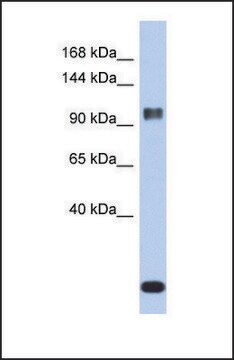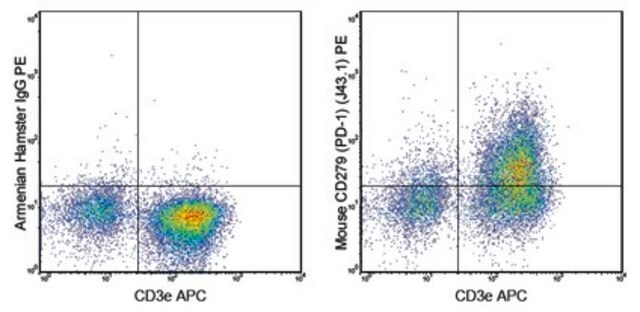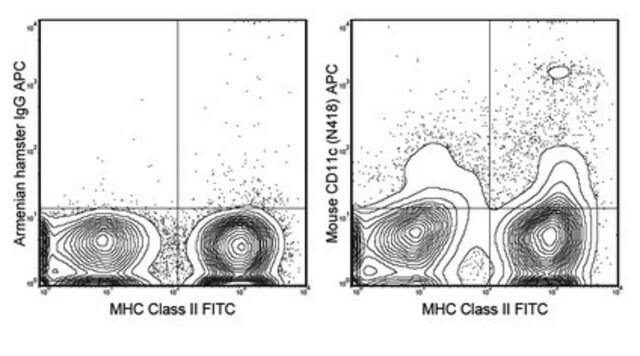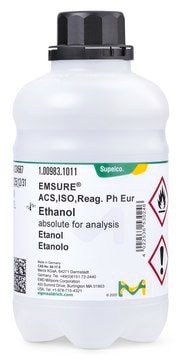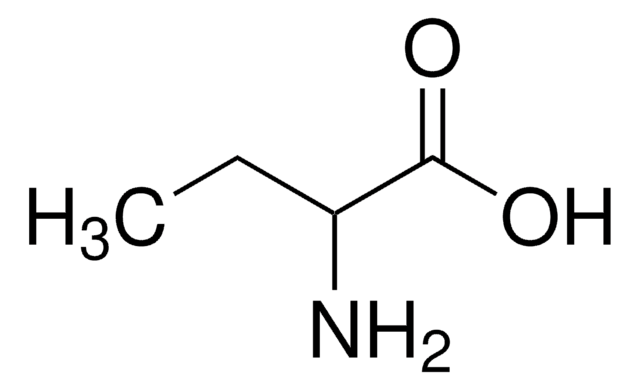774073
Vanadium
pieces, 1-3 mm, 99.9% trace metals basis
Synonym(s):
Vanadium element
About This Item
Recommended Products
vapor pressure
8 mmHg ( 20 °C)
Quality Level
Assay
99.9% trace metals basis
form
pieces
resistivity
24.8-26.0 μΩ-cm, 20°C
particle size
1-3 mm
bp
3380 °C (lit.)
mp
1890 °C (lit.)
density
6.11 g/mL at 25 °C (lit.)
SMILES string
[V]
InChI
1S/V
InChI key
LEONUFNNVUYDNQ-UHFFFAOYSA-N
Looking for similar products? Visit Product Comparison Guide
Related Categories
Application
Storage Class Code
13 - Non Combustible Solids
WGK
WGK 3
Flash Point(F)
Not applicable
Flash Point(C)
Not applicable
Regulatory Listings
Regulatory Listings are mainly provided for chemical products. Only limited information can be provided here for non-chemical products. No entry means none of the components are listed. It is the user’s obligation to ensure the safe and legal use of the product.
JAN Code
774073-25G:
774073-VAR:
774073-BULK:
Choose from one of the most recent versions:
Already Own This Product?
Find documentation for the products that you have recently purchased in the Document Library.
Articles
Biomedical implants are essentially foreign substances within the human body that must survive many years’ exposure to demanding mechanical and physiological conditions. Despite these challenges, metal implants have been widely used to substitute for or rebuild hard tissues such as bones and teeth.
Our team of scientists has experience in all areas of research including Life Science, Material Science, Chemical Synthesis, Chromatography, Analytical and many others.
Contact Technical Service


